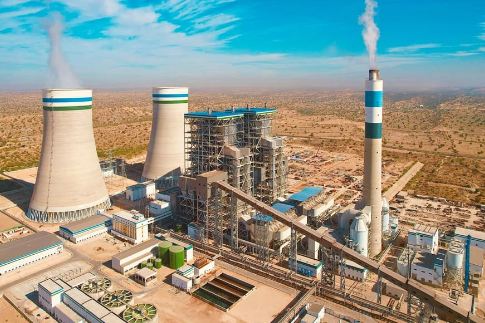ISLAMABAD, APR 05 (DNA) — Chairman of the Chinese State-owned company, Shanghai Electric, Meng DongHai, along with his team, visited here the Special Investment Facilitation Council (SIFC) Office.
The team expressed interest in Pakistan’s mining sector. Shanghai Electric has invested in the Thar Coal project in Sindh. According to a Gwadar Pro’s report on Friday, they showed keen interest in the mining sector of Pakistan, said Jamil Qureshi Secretary SIFC in a statement.
He said Shanghai Electric’s investment in the Thar Coal project in Sindh demonstrates their enthusiasm for the country’s mining sector. This strategic move could have significant implications for energy production and economic development in the region.
Pakistan boasts vital minerals, crucial for the global energy transition and attracting investments across the complete mining cycle. Enhanced exploration, potential promises, and lucrative returns can make the sector a prime investment opportunity.
The Chinese multinational power generation and electrical equipment manufacturing company in the past has made significant investments in Pakistan, particularly in the energy sector.
It completed Pakistan’s largest thermal power project in Thar Block-1. The project, developed under the Build-Own-Operate (BOO) model, involved an impressive investment of nearly $3 billion.
The project officially entered commercial operation on February 5, 2023, after both units successfully passed a 168-hour full-load reliability run test. The Thar Project not only addressed the local power shortage but also contributed to the social and economic development of the community.
It generated over 15,000 jobs, paid more than $120 million in taxes, and even established a Chinese language school for cultural exchanges. In a presentation to Pakistani authorities, Shanghai Electric has previously expressed its commitment to invest an average of $700 million per year until 2030.
These investments aim to increase capacity, improve cabling infrastructure, and address bill defaulters. — DNA

















